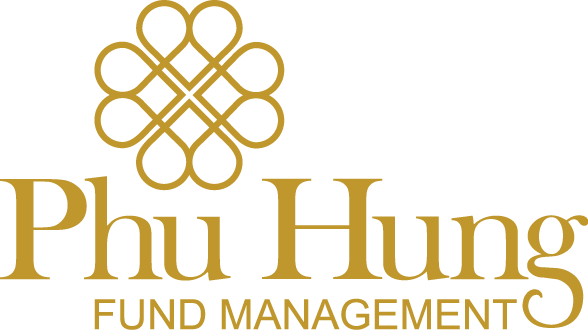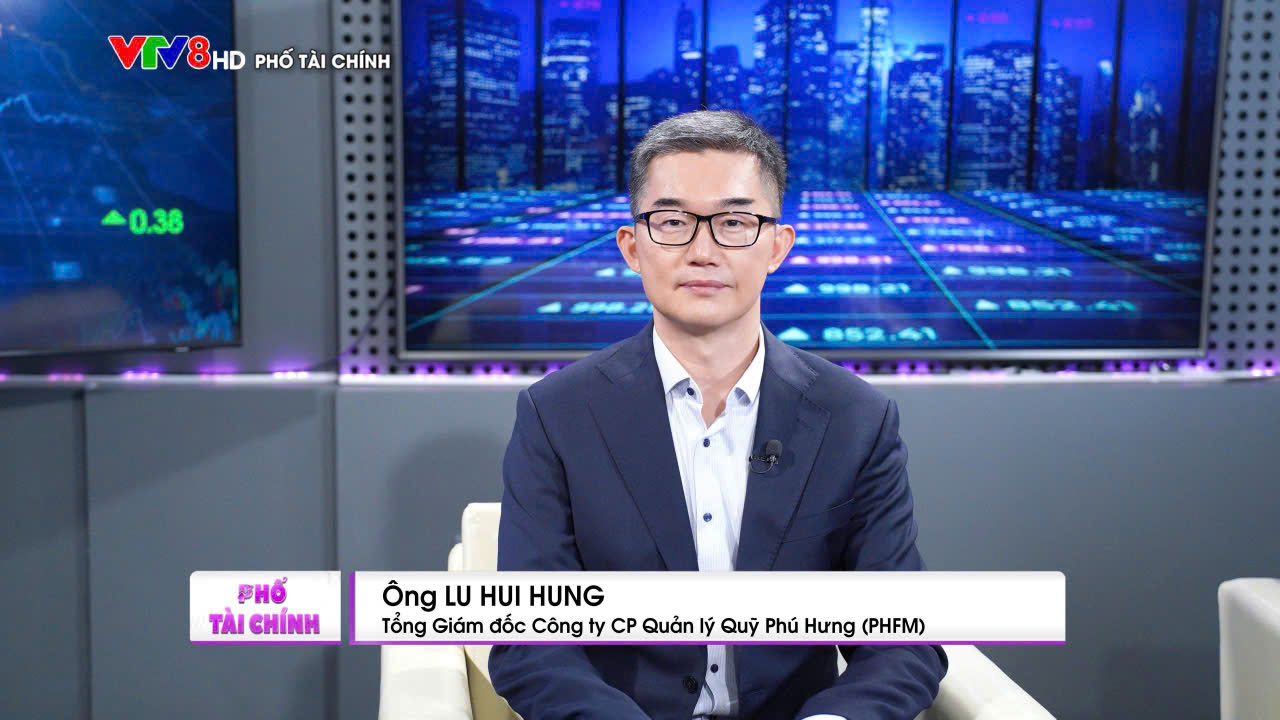Vietnam is facing a major turning point, entering the era of national growth with many policies to support the economy, support the people to develop and prosper, especially the recent Resolution 68 of the Politburo on private economic development. Therefore, experts forecast that the number of middle-class people will increase, leading to the need for asset management and finance to be increasingly focused. Previously, according to The Wealth Report 2025, Vietnam currently has about 5,459 individuals with net assets of over 10 million USD. This unit also forecasts that by 2028, Vietnam will have 978 super-rich individuals, an increase of 30% compared to 2023.
Discussing this issue in the talk show The Finance Street on VTV8, the expert assessed, with the above policies, it is forecasted that in the future there will be more middle class and wealthy in Vietnam, so asset and financial management will also be more focused. so that people can soon be financially free, contributing to creating a prosperous Vietnam in the new era.
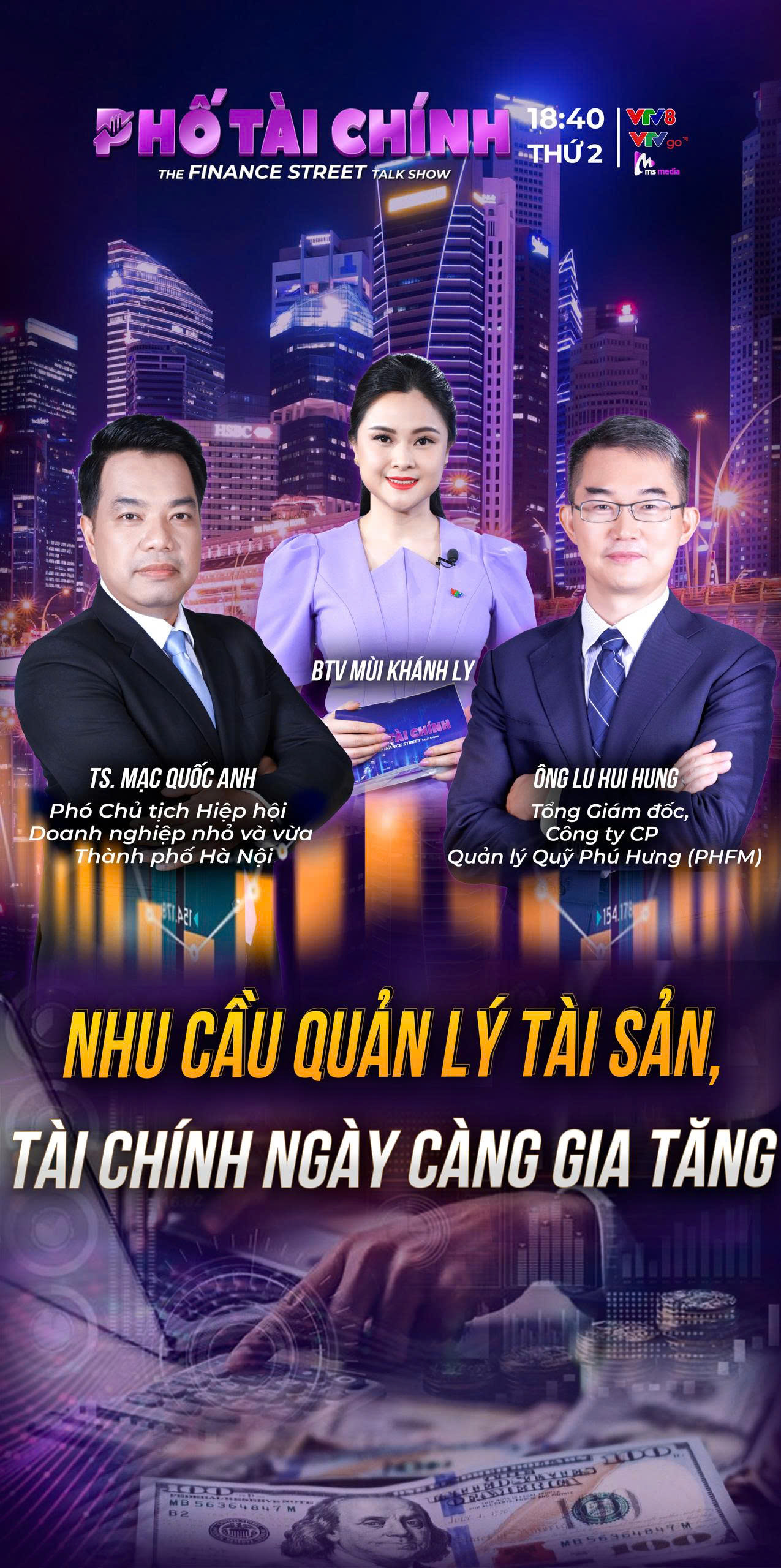
Ms. Khanh Ly – the Finance Talk Show: As you are also seeing the number of millionaires or the middle class in Vietnam increasing rapidly in recent years, how do you assess this?
Mr. Lu Hui Hung, General Director, Phu Hung Fund Management Joint Stock Company (PHFM): I believe that the increase of Vietnam’s middle class and millionaire population is the result of over two decades of steady economic development and market reform. It isn’t just a byproduct of economic success but also a driving force behind it. This wealth accumulation provides both stability through domestic consumption and momentum by investing in new industries and innovations.
The countries like China saw a similar shift over the past two decades. Between 2010 and 2020, their middle class in China doubled and private capital played a crucial role in funding emerging sectors like tech and green energy through financial and wealth management services. This created a feedback loop of growth and reinvestment.
Vietnam is entering that phase now. We expect the private capital will becomes more involved in the economy development with the policy support like Resolution 68. In this context, wealth management will helps direct capital to sectors with high growth potential, allowing more people to grow their assets and reinforcing.
Ms. Khanh Ly – the Finance Talk Show: The above results show that Vietnamese people are paying increasing attention to investment management, asset management, and personal finance, and have become financially independent, right?
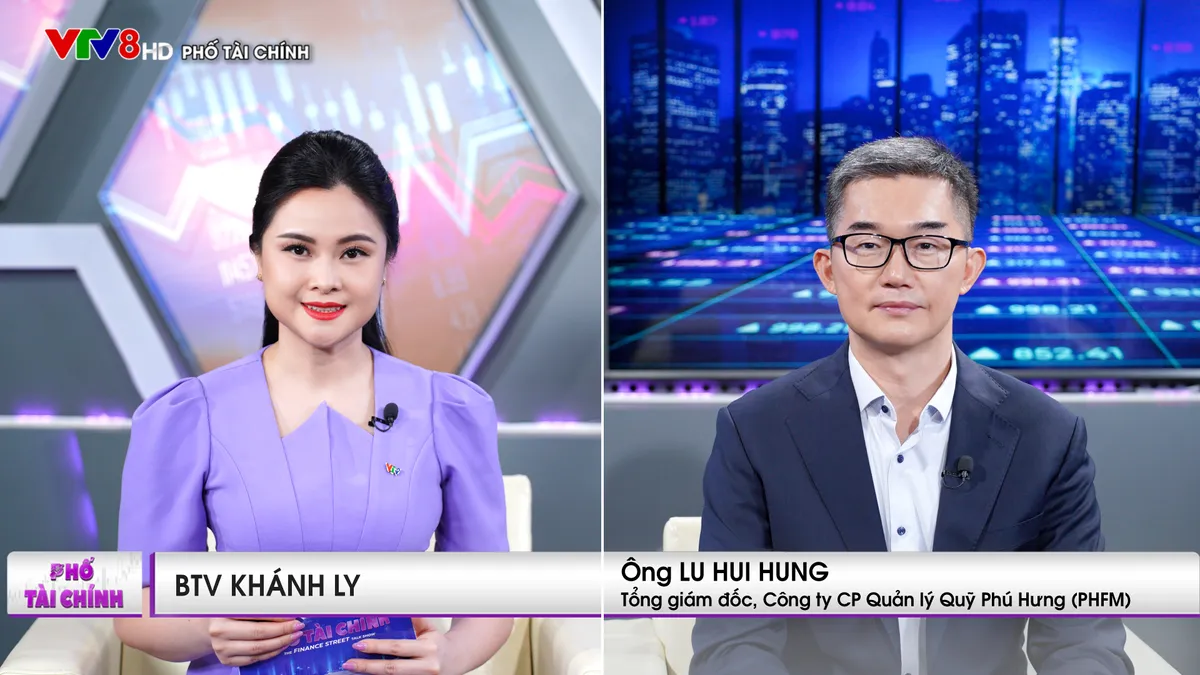
Mr. Lu Hui Hung discussed with Khanh Ly at the Financial Street Talk show.
Mr. Lu Hui Hung, General Director, Phu Hung Fund Management Joint Stock Company (PHFM): Yes, this shift is already visible. As incomes rise, Vietnamese people are thinking more seriously about how to grow and protect their wealth. What’s especially exciting is the younger generation – Gen Z and Millennials – who are now investing through digital platforms earlier than ever. According to global studies, 30% of Gen Z begins investing in early adulthood. At Phu Hung Fund Management, for example, we’ve seen nearly 40% growth in younger retail clients, which shows this demand is real and growing fast.
In search of financial freedom, young Vietnamese trades stocks, crypto, even derivatives, and often doing so with a bold, independent mindset. But with greater access comes greater risk. Many young people still rely on unqualifed social media for investment advice and might not suitable for their financial capacity, leading to high risks. That’s where wealth management services play a vital role. They don’t just help people make money – they guide them in building financial discipline and long-term planning.
Ms. Khanh Ly – the Finance Talk Show: In fact, Vietnam is increasingly adopting policies to support national economic development. Notably, investment channels are now managed more effectively and transparently, creating opportunities for individuals to grow their assets and invest wisely. How do you assess this progress?
Mr. Lu Hui Hung, General Director, Phu Hung Fund Management Joint Stock Company (PHFM): Vietnam is transitioning from an economy heavily dependent on foreign investment to one that better mobilizes domestic capital. We now see more transparent regulations, better investor protection, and a drive toward financial inclusion. These changes are empowering ordinary people to participate in wealth-building through legal and safe investment channels. It’s a positive and necessary evolution.
For the stock market, Vietnam is modernizing its capital markets and governance, leading to stronger investor confidence and better global integration. Vietnam is doing something similar today – with reforms like the launch of the KRX trading system, IFRS adoption, and legal frameworks for bonds and digital finance. These will form the backbone of a modern, inclusive, and growth-oriented market.
Ms. Khanh Ly – the Finance Talk Show: In particular, Resolution 68 emphasizes a comprehensive development of the private sector. It aims not only to support large private corporations but also to boost emerging start-up entrepreneur and family businesses, while promoting legitimate wealth creation. How would you evaluate its impact on economic growth, asset accumulation, and financial opportunities for Vietnamese?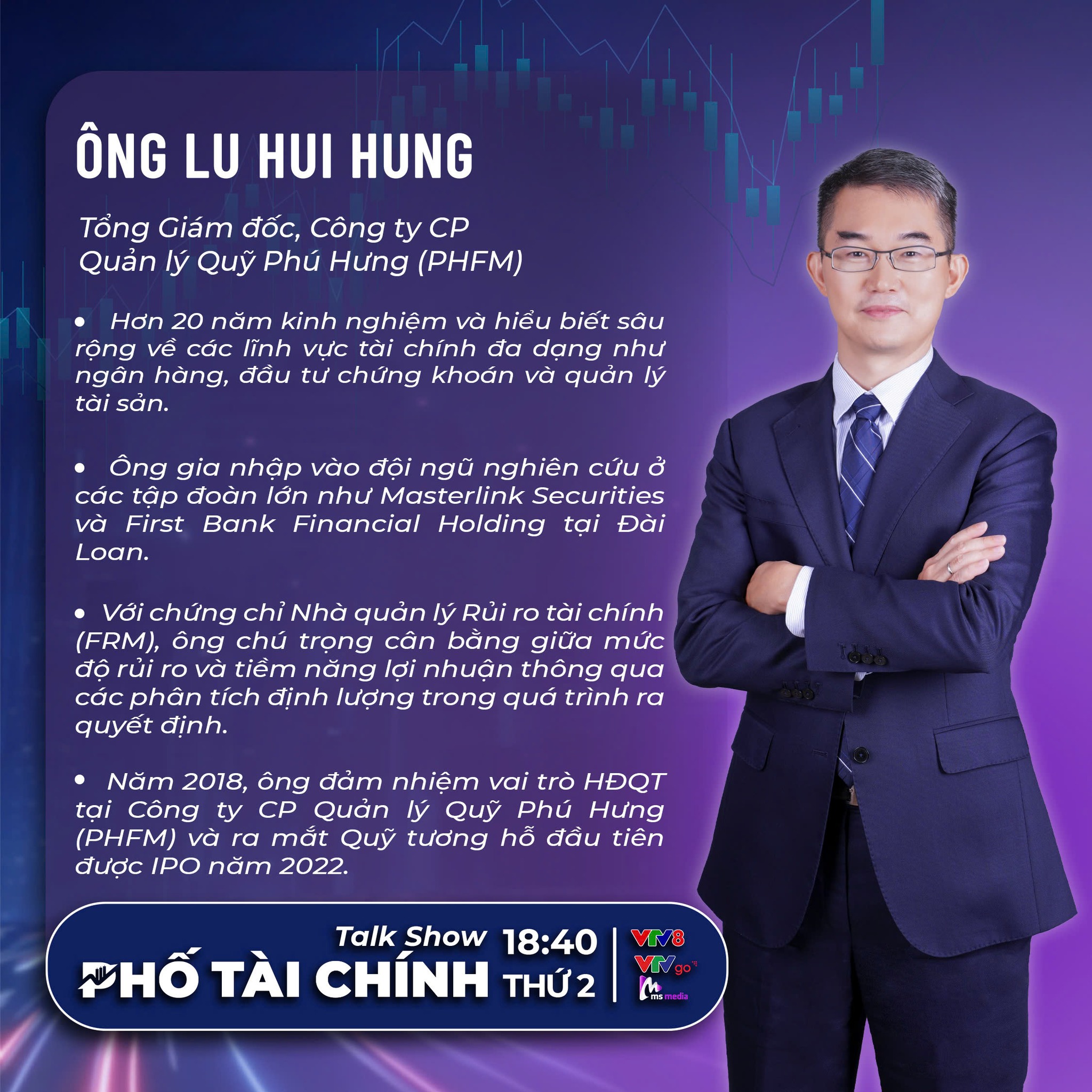
Mr. Lu Hui Hung, General Director, Phu Hung Fund Management Joint Stock Company (PHFM): Resolution 68 is a bold and strategic move. I see clearly that this resolution sends a clear signal that Vietnam wants to unlock the full power of the private sector—not just large corporations, but also small businesses and individual entrepreneurs. It promotes a culture of legal, fair, and inclusive wealth creation, allowing “every household to start a business” as the resolution says. This aligns perfectly with the old principle of our language “藏富於民”—storing wealth among the people.
Research from the World Bank and IFC has shown that a strong private sector boosts national productivity, increases resilience to global shocks, and contributes to national wealth. By 2030, the target is for private business to contribute over 60% of GDP. So, this resolution isn’t just about supporting business—it’s about creating a society where every Vietnamese person can become an economic stakeholder, not just a wage earner.
Ms. Khanh Ly – the Finance Talk Show: With the policies mentioned above, it is predicted that in the future there will be a significantly larger middle class and more wealthy individuals in Vietnam. From the perspective of asset management professionals, how do you see the industry evolving, and what should people do to achieve financial freedom as soon as possible, thereby contributing to a prosperous Vietnam in the new era?
Mr. Lu Hui Hung, General Director, Phu Hung Fund Management Joint Stock Company (PHFM): As Vietnam becomes wealthier and more financially sophisticated, the asset management industry will need to evolve quickly. It won’t just serve high-net-worth clients anymore – it will expand to help tech-savvy individuals, SME owners, and even young retail investors. Services will be more digital, more data-driven, and more personalized. The market will likely diversify into areas like ESG investing, robo-advisory tools, and long-term portfolio strategies.
For individuals, I believe that financial freedom is now a real possibility – but it requires action. First, build financial literacy: understand risk, budgeting, and compound growth. Second, invest early, but wisely – not just by following trends. And finally, seek professional advice when needed. At Phu Hung Fund Management, we see portfolio management as the next frontier – helping more people manage money the right way, and contributing to a more prosperous and resilient Vietnam.
Source: vtv.vn
